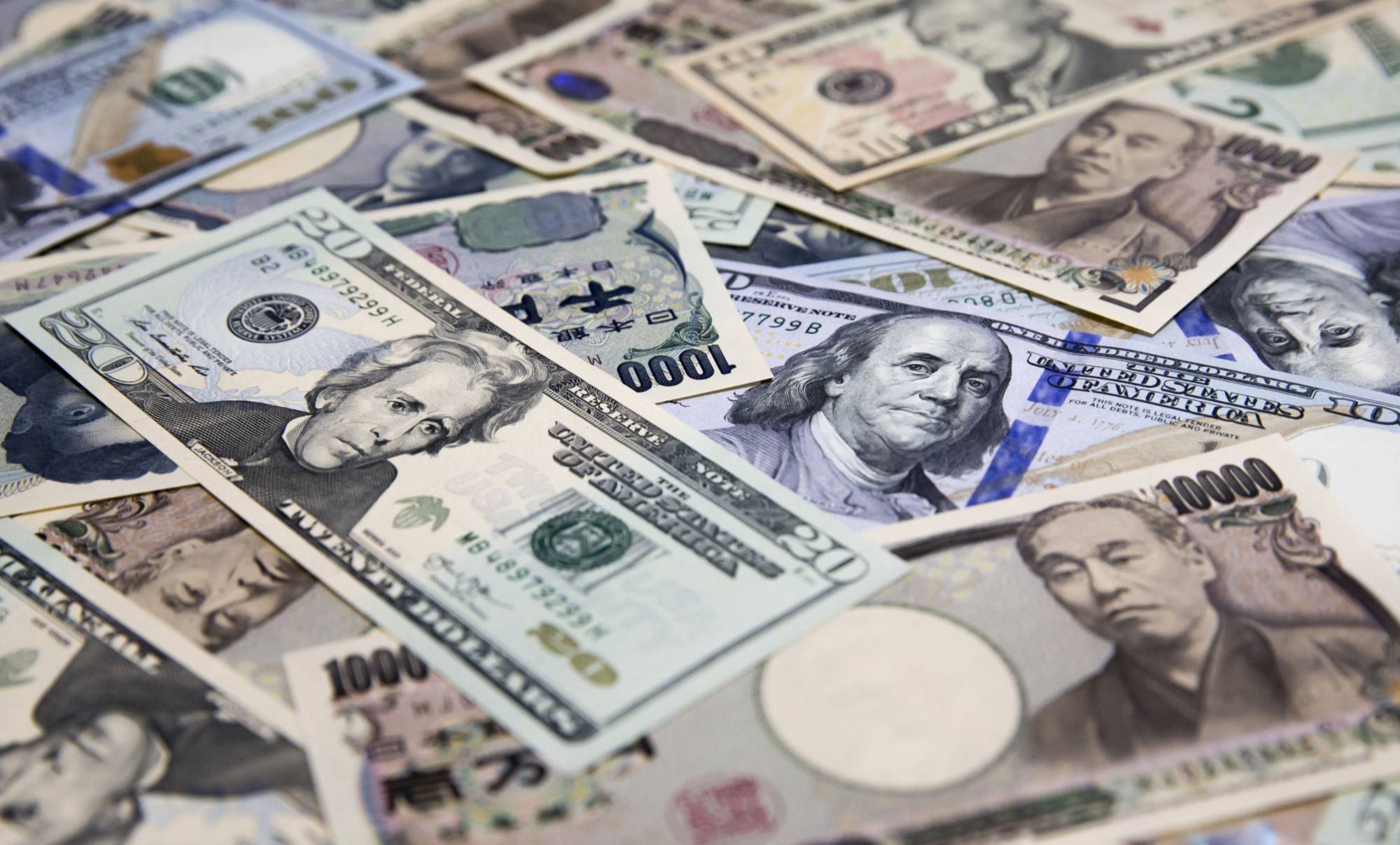As important U.S. inflation figures are due out next week, the U.S. dollar index posted gains for the eighth consecutive week on Friday, while major stock indexes around the world finished marginally higher.
Due in part to recent data that seem to indicate the U.S. economy is still robust, the dollar index’s winning streak this past week was its longest since 2014. The index was almost unchanged for the day at 105.08.
In contrast, amid worries about China’s faltering economy, the onshore yuan concluded its domestic session at its lowest level since 2007.
Some investors are concerned that even if the Federal Reserve keeps rates steady this month, they may stay high for a longer period of time than anticipated in light of the strong U.S. economic statistics this week.
Given the recent increase in oil prices, investors are eagerly awaiting the U.S. Consumer Price Index reading for August, which is coming on Wednesday.
According to Quincy Krosby, chief global strategist at LPL Financial in Charlotte, North Carolina, “the dollar has been higher on the back of obviously stronger U.S. data…, suggesting that the Fed perhaps has another rate hike before the end of the year.”
With Apple shares up just 0.3%, the three main stock indexes on Wall Street barely ended higher. The last two sessions saw a decline in Apple due to press reports that China was restricting state employees’ usage of iPhones.
The Nasdaq Composite increased 12.69 points, or 0.09%, to 13,761.53 and the S&P 500 gained 6.35 points, or 0.14%. The Dow Jones Industrial Average increased 75.86 points, or 0.22%, to 34,576.59.
The weekly performance of the three main U.S. stock indices was down.
While the global market index MSCI rose 0.01%, the pan-European STOXX 600 index rose 0.2%, snapping a seven-day losing streak.
Gains in the dollar have also caused Japanese policymakers, who are becoming uneasy over the decline of the yen, to escalate their rhetoric.
Masato Kanda, Japan’s top currency ambassador, said this week that authorities would consider all possible measures to rein in “speculative” actions, and chief cabinet secretary Hirokazu Matsuno added that the government was keeping a close eye on things with “urgency.”
The Japanese yen was last trading at around 147.82 to the dollar, underperforming the crucial 145-level that sparked Japan’s intervention last year.
Longer-dated As investors processed recent statements from a number of Fed officials, including those that supported the idea that the U.S. central bank may be able to pause its rate hike cycle, U.S. Treasury yields fell.
The benchmark 10-year Treasury note’s yield decreased by 1 basis point to 4.256%. For the week, the 10-year yield has increased by around 9 basis points.
In the energy sector, oil prices reached a nine-month high as a result of rising U.S. diesel futures and investor concerns over dwindling oil supply.
U.S. crude gained 64 cents, or 0.7%, to reach $87.51, while Brent futures gained 73 cents, or 0.8%, to reach $90.65 per barrel. Both benchmarks had gains of roughly 2% for the week.

